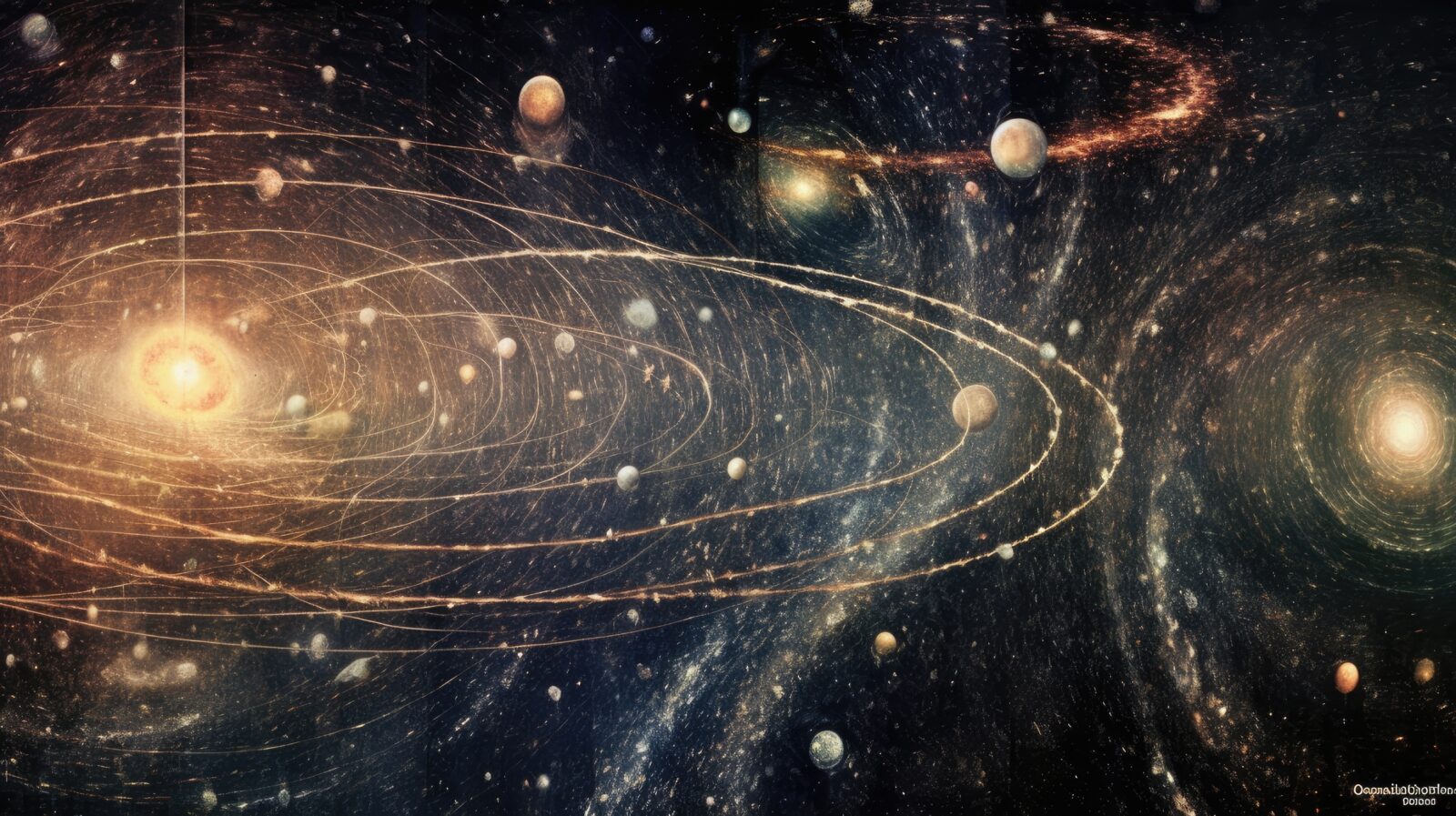

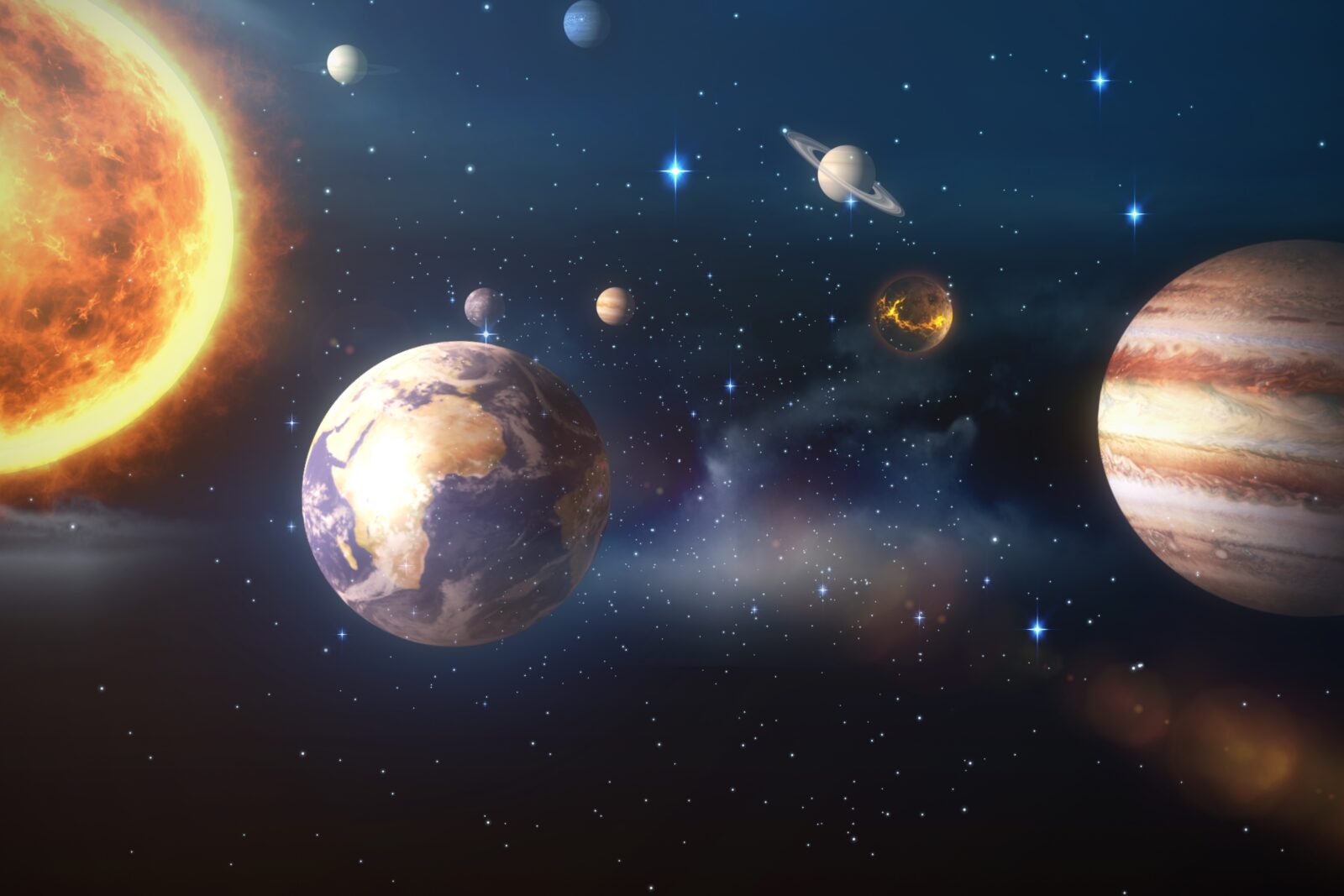
Kepler’s Pursuit of a Mathematical Cosmology

Thinking God’s Thoughts: Kepler and Cosmic Comprehensibility
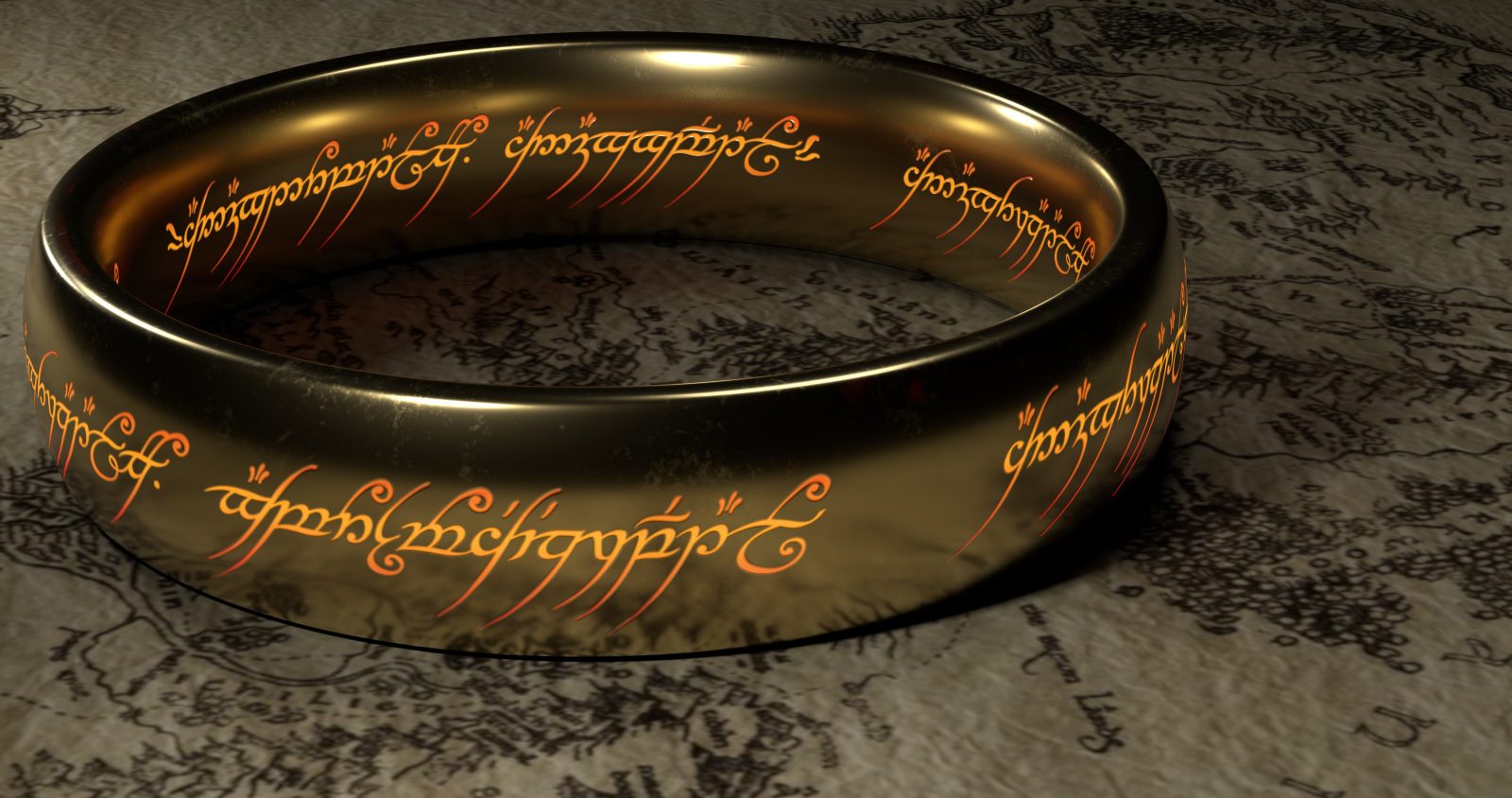
The Gollum Effect in Science, from Tycho Brahe to Today
On this ID the Future, host Andrew McDiarmid sits down with historian and philosopher of science Michael Keas to discuss a recent article at Times Higher Education, “My Precious! How Academia’s Gollums Guard Their Research Fields.” The article looks at how scientific progress is being impeded by a culture in which scientists jealously guard their research instead of sharing it. Keas says the problem seems to have gotten worse in recent years but isn’t a new one. He illustrates with the story of Tycho Brahe and Johannes Kepler. Brahe, a sixteenth-century Danish astronomer, sat on his astronomical research for years, rather than sharing it with Johannes Kepler, his assistant. Kepler only got hold of it when Brahe died unexpectedly shortly after a banquet. The rumor began that perhaps Brahe had been poisoned to free up access to his research, data that eventually allowed Kepler to make his revolutionary breakthrough, his three laws of planetary motion that cinched the case for a sun-centered model of the universe. Keas goes on from there to explain what a later autopsy revealed about Brahe’s cause of death. Then he discusses some modern-day power plays involving evolutionists jealously guarding the Darwinian paradigm against those who would challenge it. Finally, Keas enumerates some of the virtues that can help further the progress of science, including generosity and a humble willingness to listen to criticism. For more surprising facts in the history of science, check out Keas’ recent book, Unbelievable: 7 Myths About the History and Future of Science and Religion.
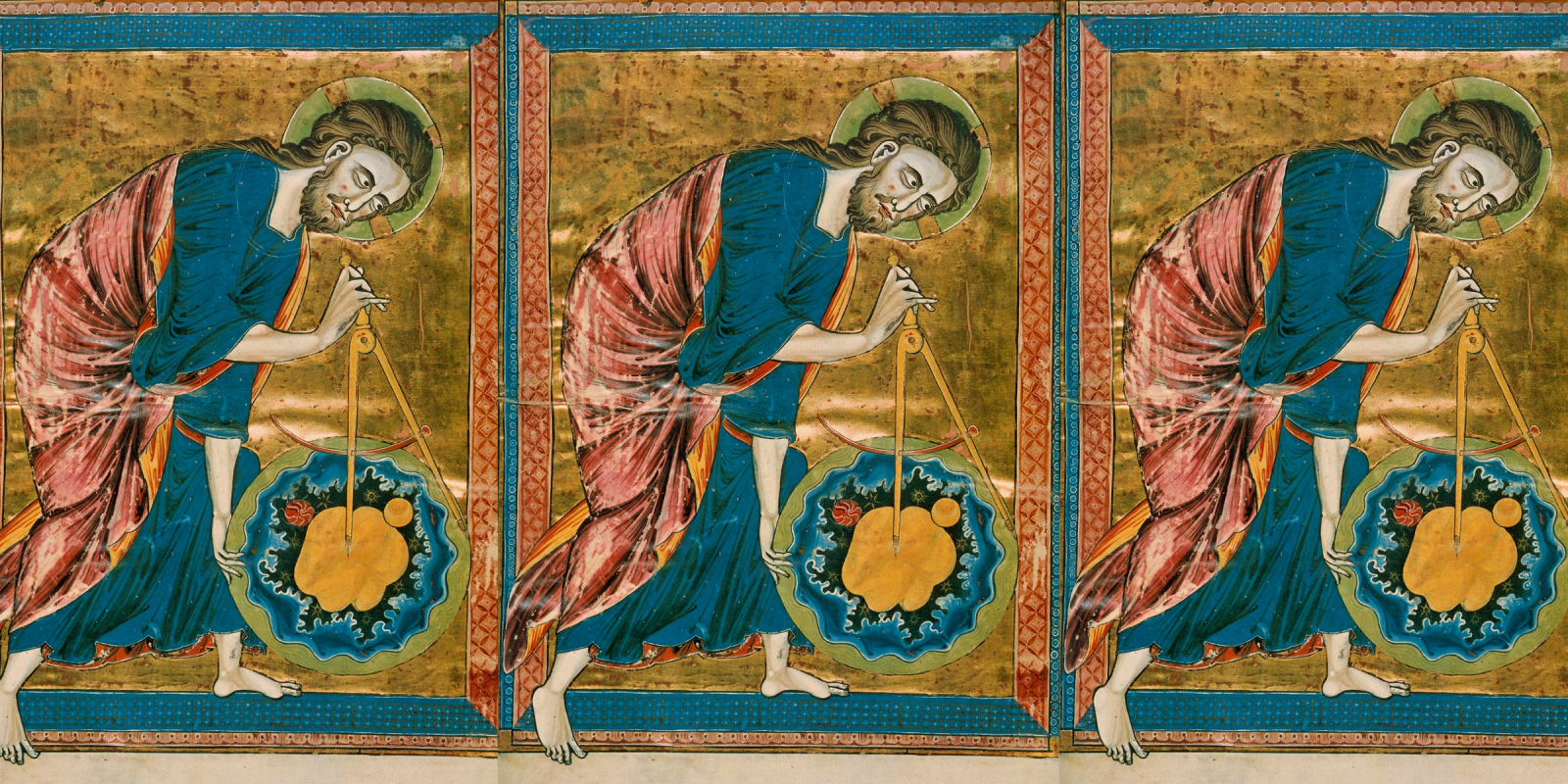
William Dembski on Scientism, Science, and Christian Faith
On today’s ID the Future, philosopher William Dembski and host Casey Luskin explore the relationship between science and faith. What is science? What is faith? How does Christianity define faith? Dembski explains that faith in the Judeo-Christian tradition is not the opposite of reason; at the same time, faith possesses a relational component—trust in a just, gracious, and reasonable God—that goes beyond mere assent to propositions. As for science, Dembski describes it as a careful search for truths about the natural world, including truths about key elements such as the birth of our fine-tuned universe and the origin of living things. Dembski says that he is convinced that scientific discoveries, unshackled from atheistic blinders, point strongly to intelligent design as the best explanation for life and the universe, a conclusion friendly to theism. As Dembski also notes, science was invented by theists, most of them Christians. They were motivated to search out the rational underpinnings of a cosmos because they believed it was fashioned by a rational designer. The occasion for the conversation is the recent Harvest House anthology, The Comprehensive Guide to Science and Faith: Exploring the Ultimate Questions about Life and the Cosmos, which Dembski co-edited and contributed a pair of chapters to. Get your copy here.

John Bloom on the Match that Lit the Scientific Revolution
On today’s ID the Future Biola University physicist John Bloom discusses his chapter in the recent anthology The Comprehensive Guide to Science and Faith, co-edited by host Casey Luskin. Bloom’s focus in his contributed chapter is the pivotal role of Christianity in the rise of science. Bloom, the academic director of Biola’s master’s program in science and religion, draws on his PhD training in physics but also on his PhD in ancient Near Eastern studies and his study of the history of science. Here he argues that while the Babylonians and Greeks contributed some discoveries and insights that would eventually play into the rise of science, science did not take off, was not born, until a cluster of crucial ideas drawn from the Judeo-Christian worldview infused Western thought. Only then did astrology become astronomy, alchemy chemistry, and the great adventure of scientific discovery begin in earnest. Tune in as Bloom and Luskin discuss the ancient predecessors of science and some of the key founders of science, including Copernicus, Galileo, Kepler, and Bacon, along with crucial ideas drawn from the Judeo-Christian worldview that lit the match. And find your copy of The Comprehensive Guide to Science and Faith here.

Cosmos: Possible Worlds and the Copernican Demotion Myth
On this episode of ID the Future, host Jay Richards interviews historian of science Michael Keas about a new documentary claiming that Copernicus’s heliocentric model of the solar system “demoted” humans from the place of honor at the center of everything. Neil deGrasse Tyson champions this persistent myth in episode 8 of the new National Geographic series Cosmos: Possible Worlds. The reality is quite different. As Keas explains, in Copernicus’s day, the Earth was thought to be at the bottom of the universe, the “sump” where all the filth collected, while the starry heavens were considered the place of honor. Keas and Richards trace the history of the demotion myth and discuss how Copernicus, Kepler, and other luminaries of the scientific revolution saw the Copernican revolution very differently, as a glorious promotion of humanity’s place in the cosmos.
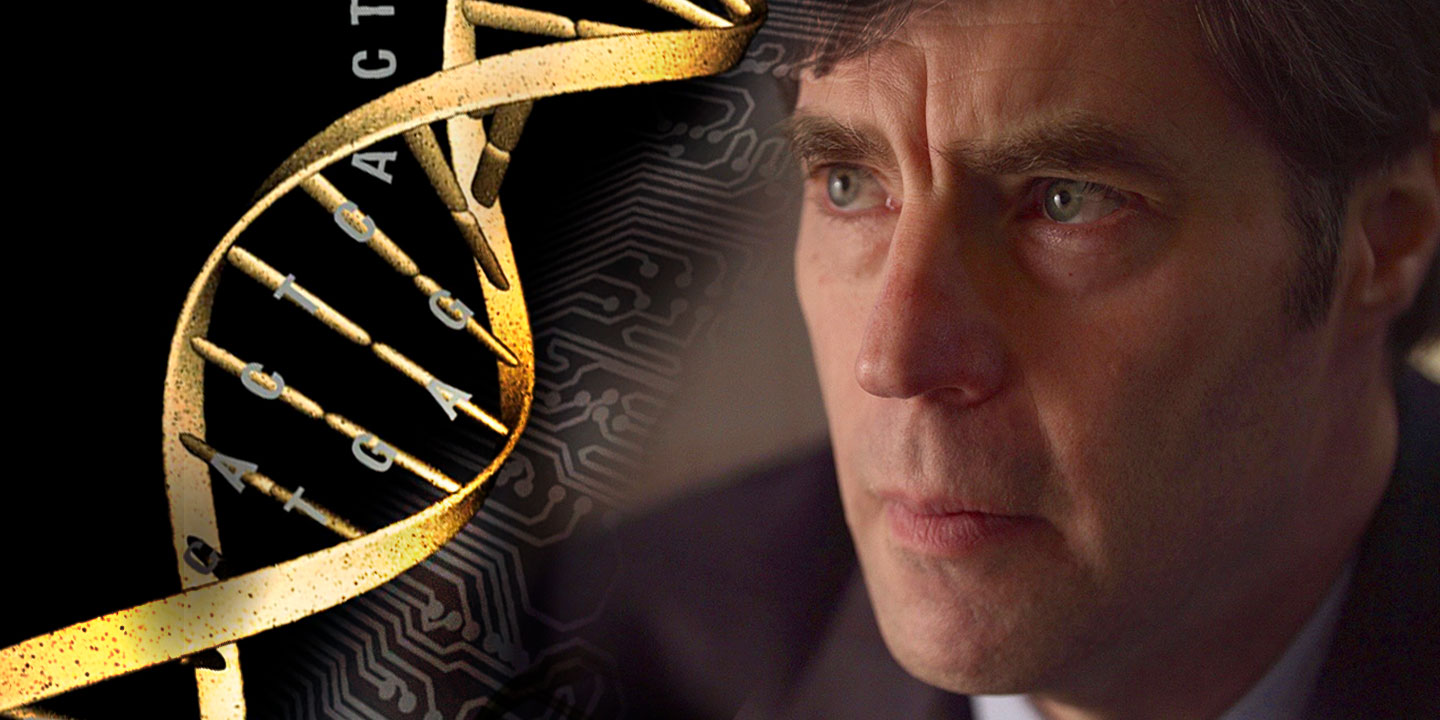
Stephen Meyer Introduces His New Course on Intelligent Design
On this episode of ID the Future, bestselling author and Center for Science and Culture director Stephen Meyer introduces an exciting and informative new Discovery U video course, “Stephen Meyer Investigates Scientific Evidence for Intelligent Design.” Here he sets the stage by recalling a few times when ID made national news headlines, sometimes with Meyer right in the middle of the controversy. He also addresses some of the questions generated by these dustups: Is ID faith-based or science-based? Did the earliest scientists follow ID principles or did they avoid them, as one state education commissioner claimed. And why did two highly regarded research scientists get expelled from their museum positions, and were the expulsions justified?
Stephen Meyer: God and the Origin of the Universe, Pt. 1
Kepler, Galileo, the Book of Nature, and the First Mathematician
On this episode of ID the Future, Andrew McDiarmid talks with science historian Michael Keas on pioneering mathematical astronomer Johannes Kepler, based on Keas’ new work from ISI Books, Unbelievable: 7 Myths About the History and Future of Science and Religion. Kepler studied theology before turning to math and science, and it was his belief in God that guided his extraordinary discoveries. “Without an architect who created the world,” he said, “there is no … power in mathematics to make anything material.” Scientists, in his view of God, were thinking the thoughts or ideas that God himself had thought any time they discovered some law or deep pattern in nature. Kepler is just one of a long list of great early scientists, including Galileo, who saw a “book” of God’s revelation in nature written in the language of mathematics. God designed the world for discovery, Kepler believed, and that conviction inspired his groundbreaking investigations.
Read More ›